What do you think?
Rate this book


183 pages, Paperback
First published June 10, 1954
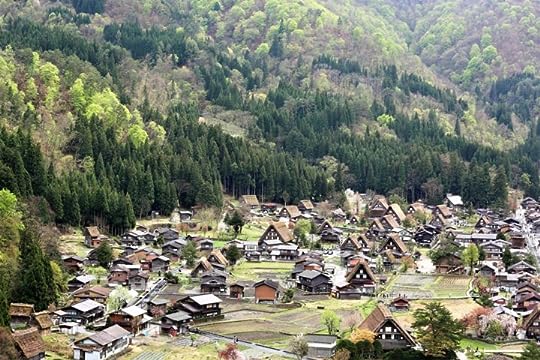
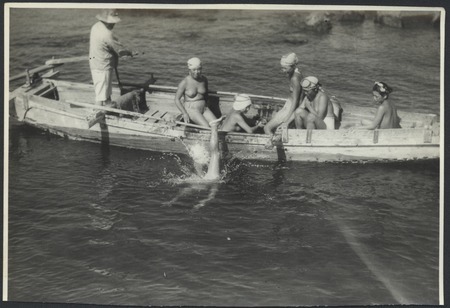
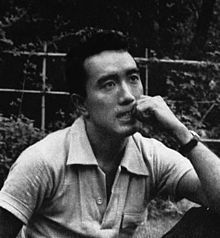
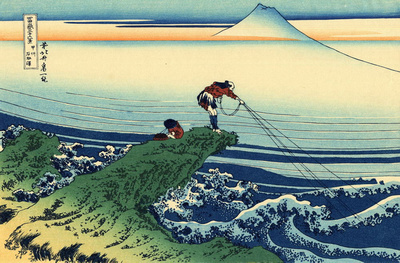
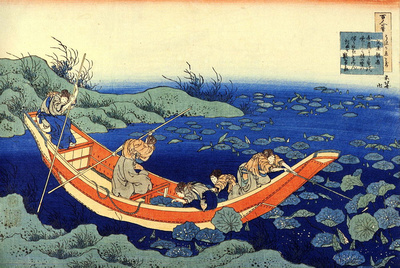
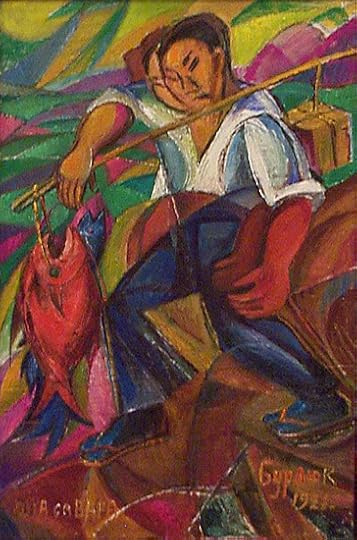

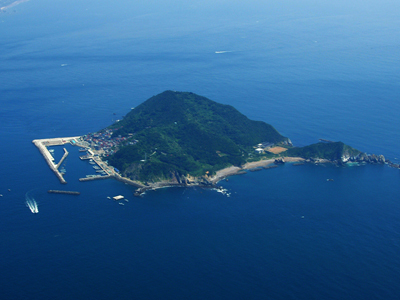

The breasts of all the women were well tanned, and furthermore were not distinguished precisely by that mysterious quality that whiteness provides, even lacking in large part the transparency of the skin that reveals the veins. Judging solely by the skin, they appeared totally insensitive, but beneath the toasted epidermis there had been created a lustrous and semitransparent color, like that of honey.
The mother of Shinji was proud of her breasts, still firm and vigorous, the most youthful of the married women her age. As if they had never known the anxiety of love or the suffering of life, her breasts were raised all summer long towards the sun, from which they obtained their inexhaustible strength.
He was a gaunt man, and on his chest, toasted by the sun, visible through the open collar of his shirt, one could count his ribs. He had very short hair, black streaked with grey, and his cheeks and his temples bore dark spots produced by age. His teeth were scarce and were stained by tobacco, and this lack made it difficult to understand what he said, above all when, such as now, he raised his voice.
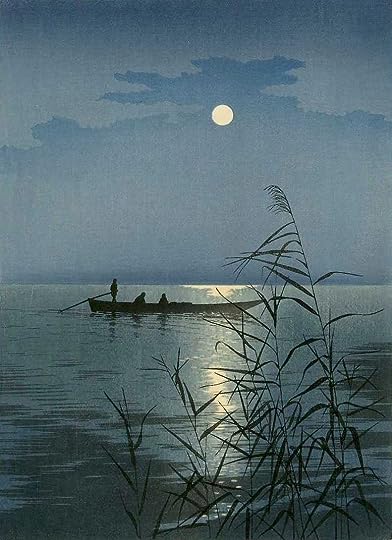
‘At this moment the storm suddenly planted its feet wide and firmly outside the windows. All along, the wind and rain had been raging madly around the ruins with the same force as now, but in this instant the boy and girl realized the certainty of the storm’s existence, realized that directly beneath the high windows the wide Pacific was shaking with everlasting frenzy.’
‘The sand held in the arms of these crags was pure white. Atop the cliff facing the sea to the left the flowers called beach-cotton were in full bloom; their blossoms were not those of the season’s end, looking like disheveled sleepers, but were vividly white petals, sensuous and leek-like, brandished against the cobalt sky.’
‘The mother knew nothing about cooking. She served their fish either in raw slices—sometimes vinegared—or else simply grilled or boiled—head, tail, bones, and all. And as she never washed the fish properly, they often found their teeth chewing on sand and grit as well as fish. Shinji waited hopefully during their meal for his mother to say something about the strange girl. But if his mother was not one for complaining, neither was she given to idle gossip.’
‘The flatheads fell to the blood-smeared deck, their white bellies gleaming. The black, wet bodies of the soles, their little eyes sunk deep in folds of wrinkles, reflected the blue of the sky.
Lunchtime came. Jukichi dressed the flatheads on the engine-room hatch and cut them into slices. They divided the raw slices onto the lids of their aluminum lunchboxes and poured soy sauce over them from a small bottle. Then they took up the boxes, filled with a mixture of boiled rice and barley and, stuffed into one corner, a few slices of pickled radish. The boat they entrusted to the gentle swell.’
‘Double suicide then? Even on this island there had been lovers who took that solution. But the boy’s good sense repudiated the thought, and he told himself that those others had been selfish persons who thought only of themselves. Never once had he thought about such a thing as dying; and, above all, there was his family to support.’
“The sea, ebbing and flowing in the shaft at the eastern end of the cave, roared fiercely as it dashed against the rocks. The sound of the surging waves was completely different from that to which they were accustomed outside. It was a seething sound that echoed off the limestone walls of the cavern, the reverberations overlapping each other until the entire cave was aroar and seemed to be pitching and swaying. Shudderingly they recalled the legend that between the sixteenth and eighteenth days of the sixth moon seven pure-white sharks were supposed to appear out of nowhere within that shaft to the sea.”
‘The villagers listened spellbound to the mistress’s eloquence, some of them comparing her unfavourably with their own taciturn women and feeling a meddlesome sort of sympathy for the lighthouse-keeper. But he himself had great respect for his wife’s learning.’
‘The night sky was filled with stars and, as for clouds, there was only a low bank stretching across the horizon in the direction of the Chita Peninsula, through which soundless lightning ran from time to time. Nor was the sound of the waves strong, but coming regularly and peacefully, as though the sea were breathing in healthy slumber.’